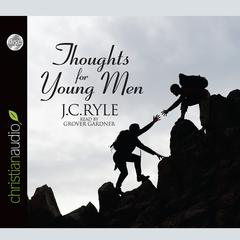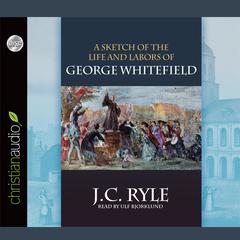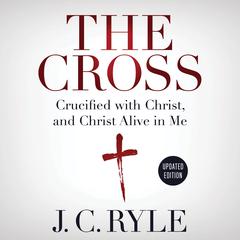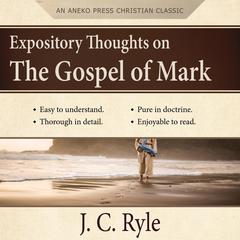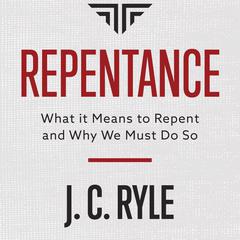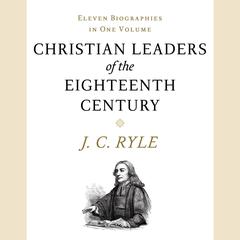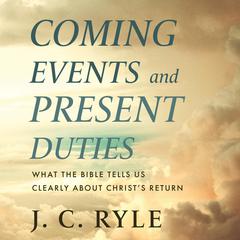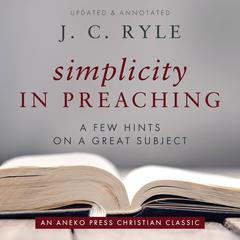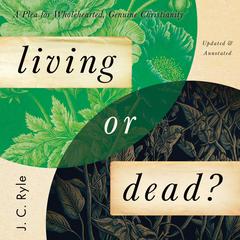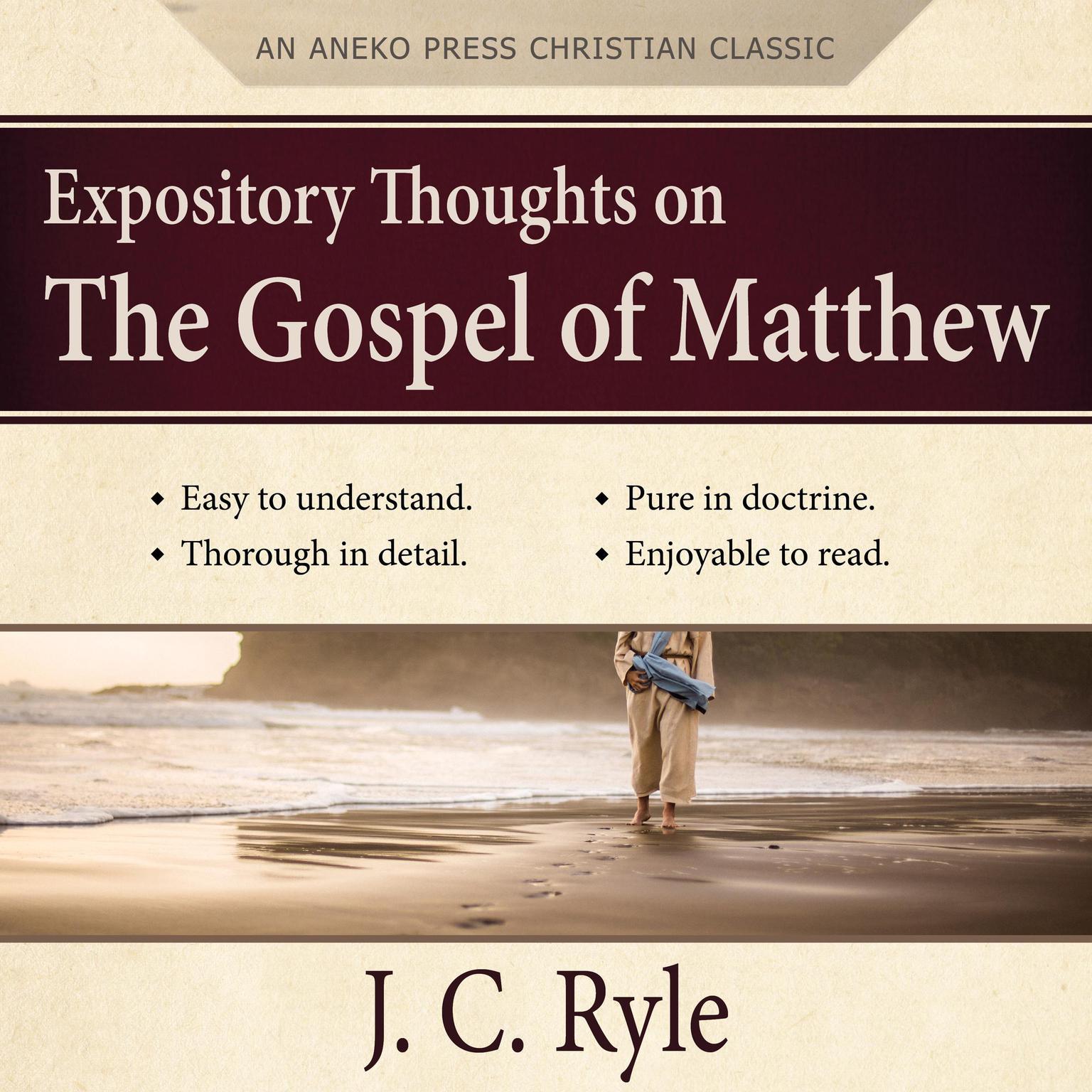 Play Audiobook Sample
Play Audiobook Sample
Expository Thoughts on the Gospel of Matthew Audiobook
 Play Audiobook Sample
Play Audiobook Sample
Quick Stats About this Audiobook
Total Audiobook Chapters:
Longest Chapter Length:
Shortest Chapter Length:
Average Chapter Length:
Audiobooks by this Author:
Publisher Description
Therefore everyone who hears these words of Mine and acts on them, may be compared to a wise man who built his house on the rock. – Matthew 7:24 Wisdom, encouragement, and exhortation is contained in these pages. Not because of the author's brilliance, but because of the words of truth contained in the gospel of Matthew. And just as the apostle Matthew didn't draw any attention to himself, so also J. C. Ryle clearly and wonderfully directs his words and our thoughts towards the inspired words of scripture. If we truly love God, we will love His word; and the more study His word, the more we will love God. About the Author John Charles Ryle (1816-1900) graduated from Eton and Oxford and then pursued a career in politics, but due to lack of funds, he entered the clergy of the Church of England. He was a contemporary of Spurgeon, Moody, Mueller, and Taylor and read the great theologians like Wesley, Bunyan, Knox, Calvin, and Luther. These all influenced Ryle’s understanding and theology. Ryle began his writing career with a tract following the Great Yarmouth suspension bridge tragedy, where more than a hundred people drowned. He gained a reputation for straightforward preaching and evangelism. He travelled, preached, and wrote more than 300 pamphlets, tracts, and books, including Expository Thoughts on the Gospels, Principles for Churchmen, and Christian Leaders of the Eighteenth Century. Ryle used the royalties from his writing to pay his father’s debts, but he also felt indebted to that ruin for changing the direction of his life. He was recommended by Prime Minister Benjamin Disraeli to be Bishop of Liverpool where he ended his career in 1900.
Download and start listening now!
Expository Thoughts on the Gospel of Matthew Listener Reviews
Be the first to write a review about this audiobook!
About J. C. Ryle
J. C. Ryle (1816–1900) was appointed as the first bishop of Liverpool in 1880 and was the leader of the Evangelical Party in the Church of England for more than half a century. He is highly regarded for his plain and lively writings on practical and spiritual themes; their usefulness and impact have been consistently recognized and remain as wise and relevant today as when he first wrote them.




